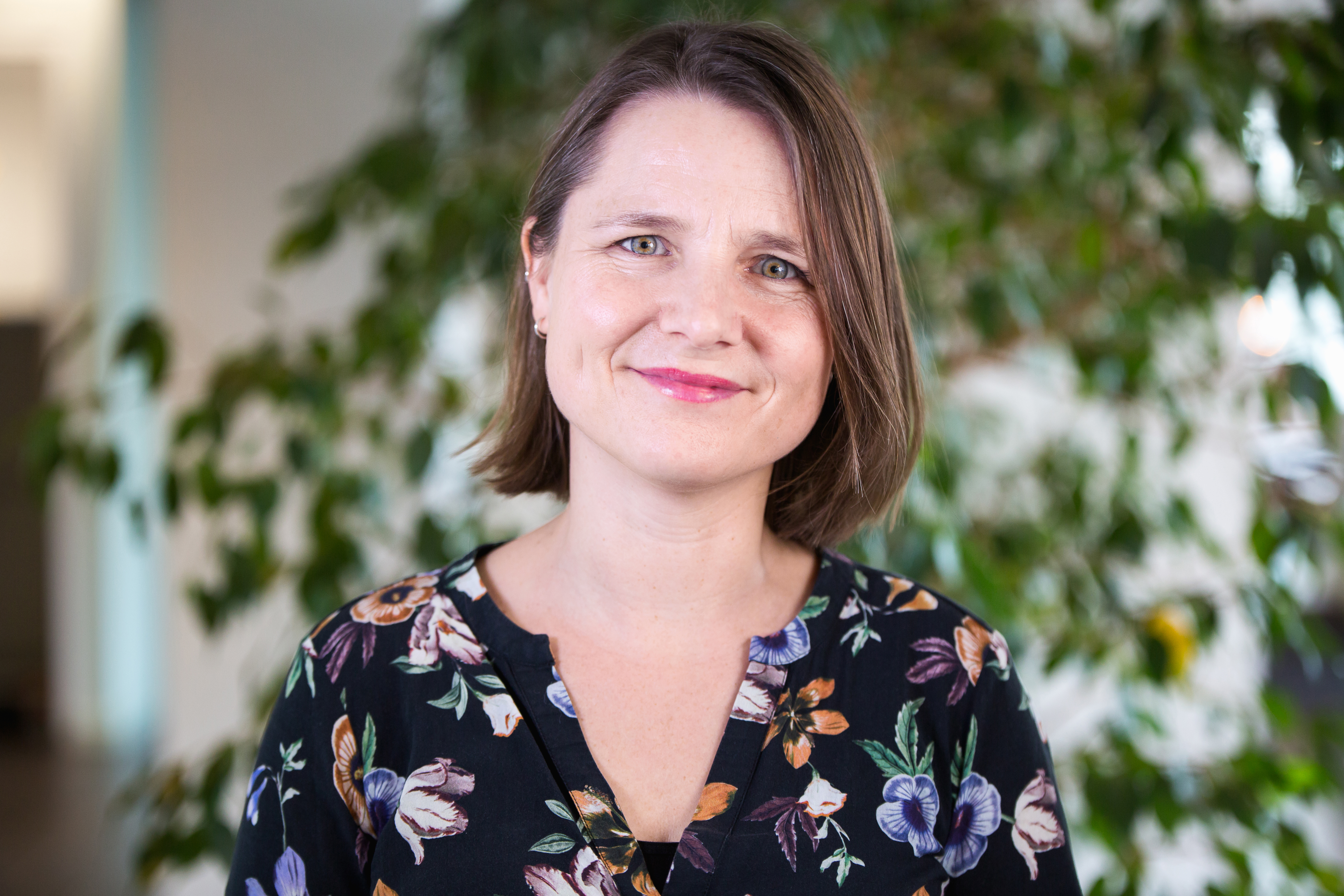Why do some adolescents avoid challenges, while others thrive at challenging school tasks? Why are some students more resilient to setbacks at school than others?
In my research program, we address these questions, with the ultimate and overarching goal to stimulate that children enjoy learning. We approach learning as a multi-level phenomenon, as learning in the complex school setting cannot be reduced to one level only. One level of importance is the neurobiology of learning, but at school it is never one isolated brain learning one isolated skill. Learning processes at the neurobiological level are shaped by a child’s individual learning history, beliefs and goals, but also by their social environment (peers, parents).
To capture the complexity of learning in school, we combine multiple levels of measurement and analysis by using different methodologies. We study neural processes related to effort and feedback processing, and how these develop, using fMRI and EEG. To also capture physiological responses during learning, we combine the lab EEG work with measuring heart rate. At schools, we have children play games on the computer, to measure learning behavior (e.g., choosing for easy or challenging tasks, responses to mistakes, explore vs exploit behavior). In addition, we use questionnaires as self-report measure of motivational constructs (e.g. goal orientation, academic motivation, mindset) and social networks (e.g. peer nominations). In one of our projects, we take neuroscience into the classroom, using portable EEG headsets.
For more detailed information about our current projects, see: www.laboflearning.com
